
Tusheti is a deeply isolated region in the Caucasus mountains of the Republic of Georgia, grazing the borders of Dagestan and Chechnya.

Every Fall the shepherds of Tusheti guide their sheep down a perilous, 120 mile route to the lowlands of Kakheti.
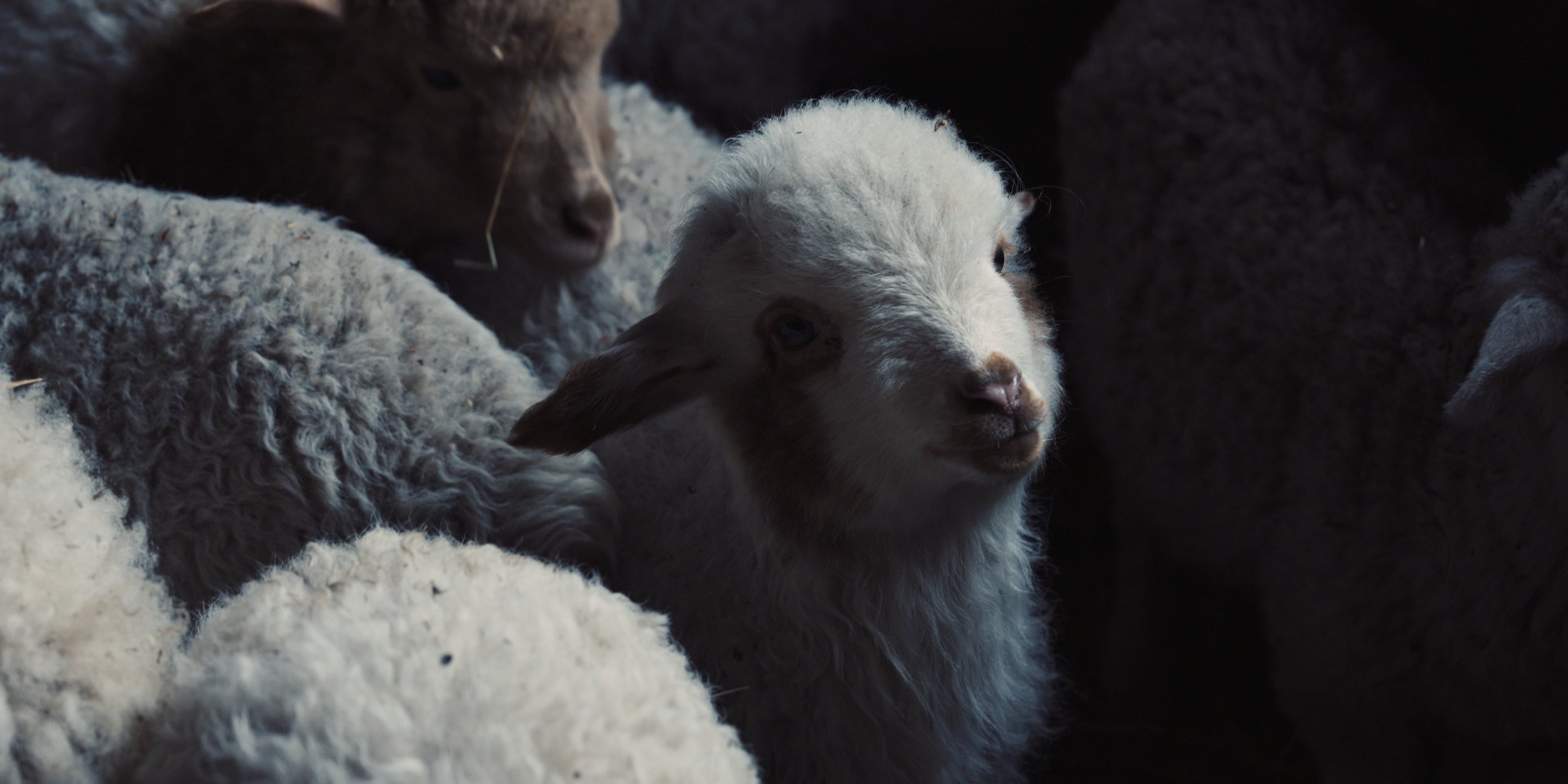
The annual transhumance of local shepherds has been in practice since the 16th century . . .
But another, more recent, and more troubling form of migration is afoot.

A period of up to 7 months.
In recent years, the descent of the shepherds has been accompanied, by the almost wholesale departure of locals, as the only road to the region closes from fall until late spring.
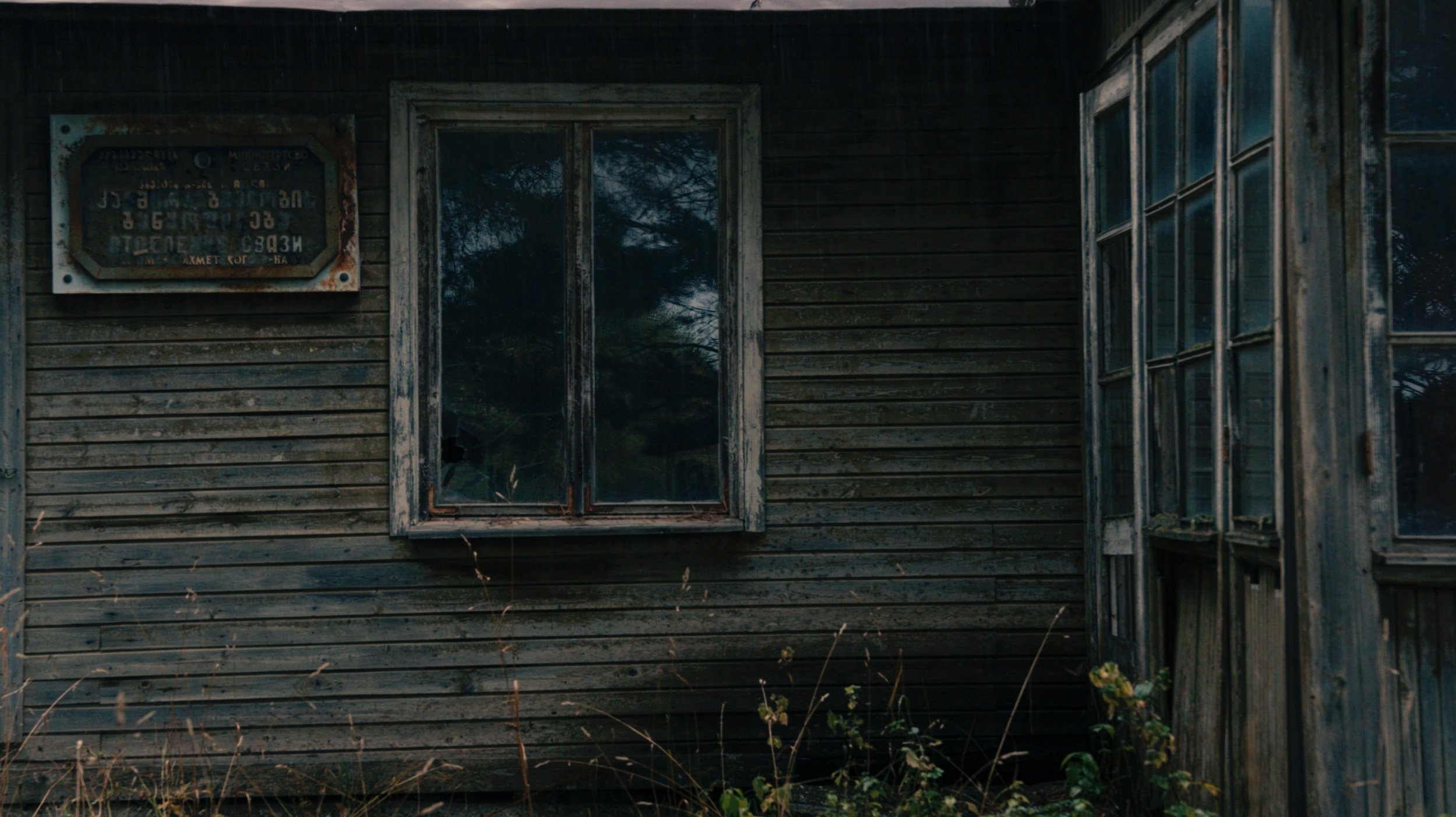
This mass migration was first caused by Soviet Authorities, who relocated villagers from Tusheti in the 1950’s.
Even when Tush people were allowed to return and a single dirt road was built in 1978 to connect Tusheti to the broader world, only few resumed permanent habitation of their ancestral homes.
The population grows smaller every year.

As the only road to the region closes, a few holdouts remain.

Mertskhala Bebo
Anika, who is affectionately referred to as ‘Mertskhala Bebo’ (Grandma Swallow) by her neighbors — has a large, extended family in the lowlands, but after weathering forty winters alone in Tusheti, she can’t stomach the thought of living anywhere else. Yet she appears to be shouldering a succession of disappointments — perhaps chief among them, the steady dissolution of her community.

Irakli
The only doctor to remain in the region over winter, and the last permanent inhabitant of his village, Bochorna. 83-year-old Irakli’s determination to keep his culture alive is confronted by the challenges of deteriorating health and memory loss.
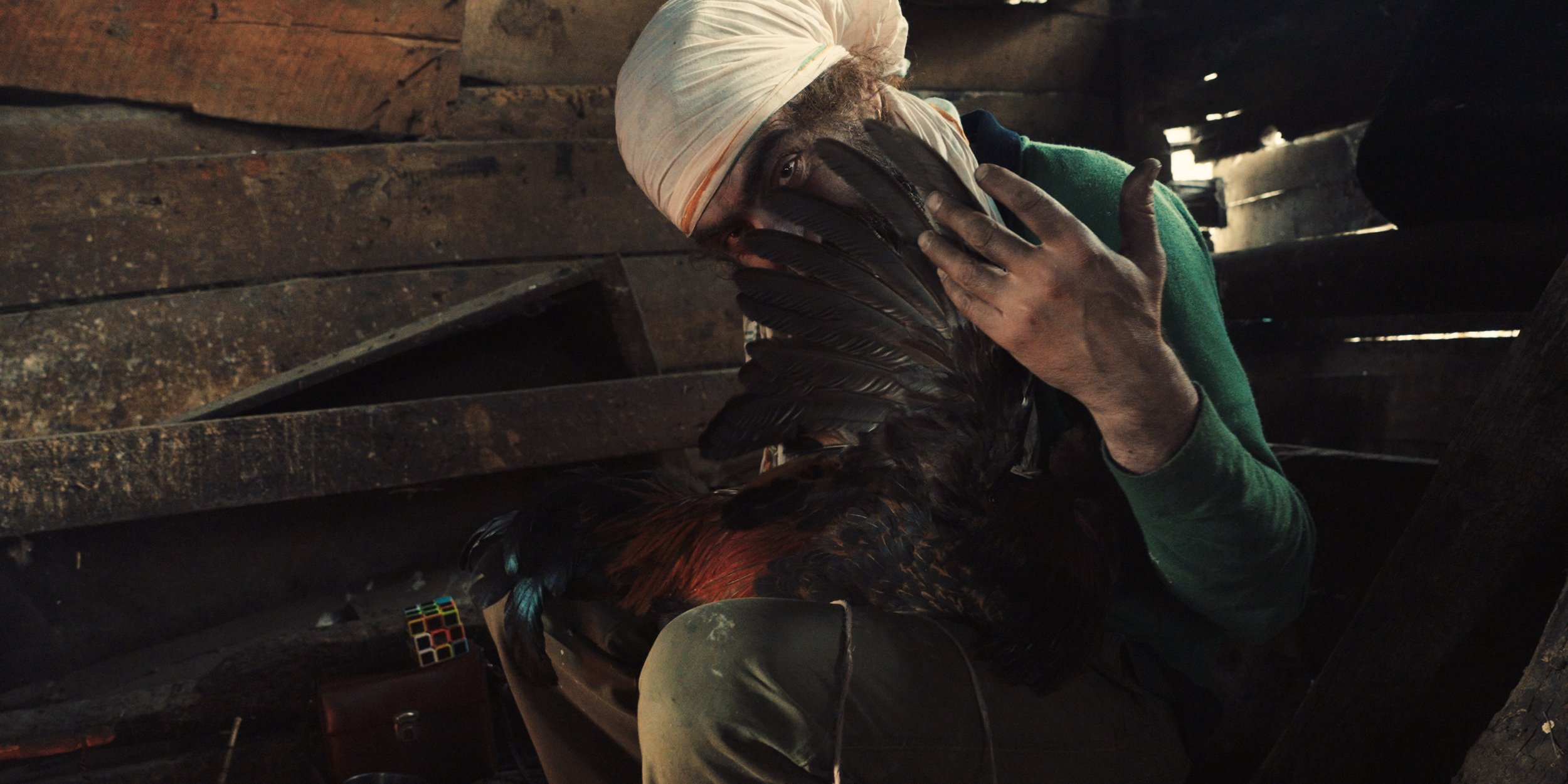
Gocha
An enigmatic outsider and artist from Western Georgia, stirs up tensions with his otherworldly manner and challenges the cultures long held beliefs.
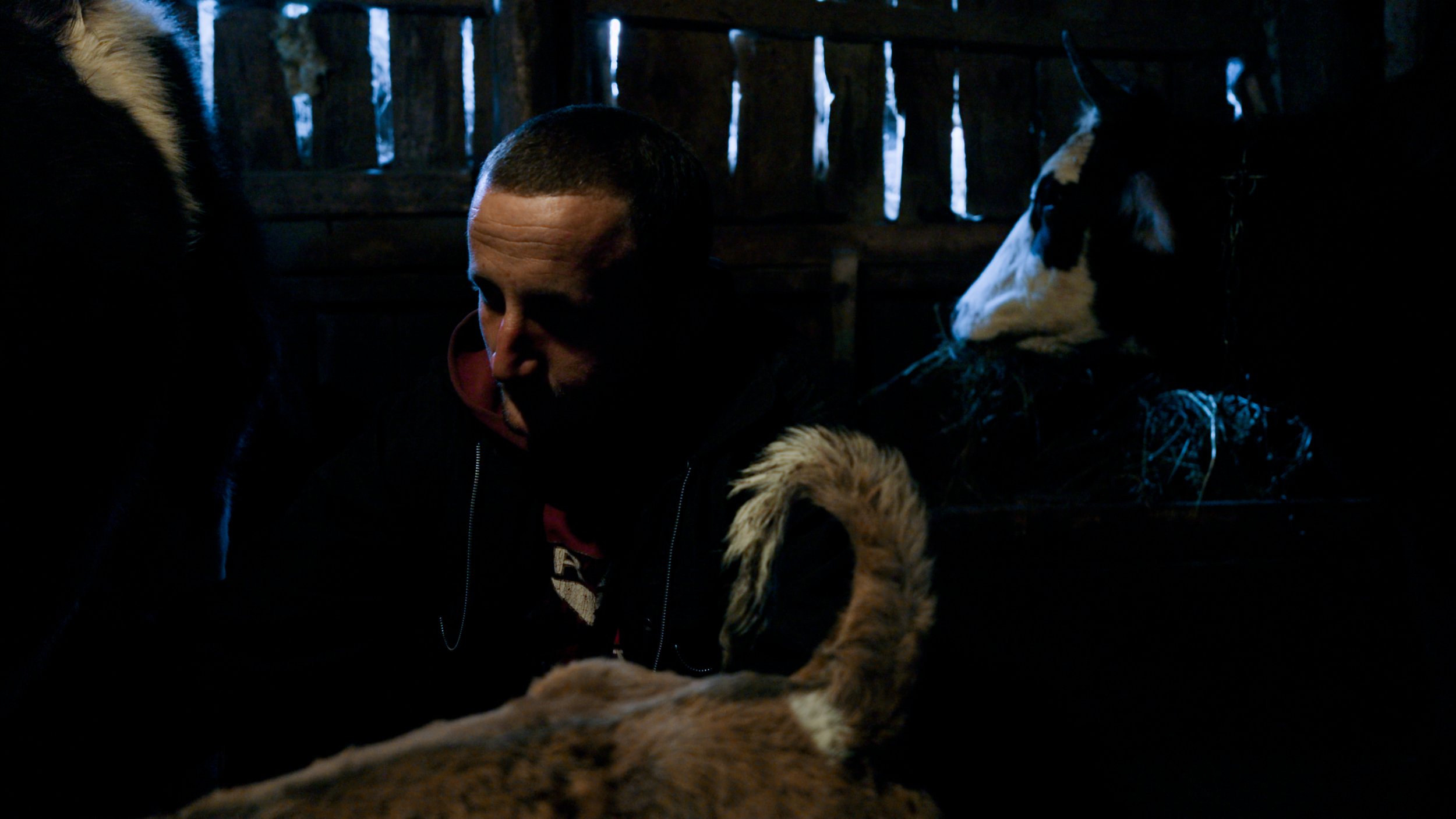
Levan
Levan is the third generation in his family to spend the winter in Tusheti, guarding the abandoned Soviet power station. When his father falls ill from drinking and has to leave the highlands, Levan takes his place for the first time, caring for the livestock and watching over the old electricity cables.
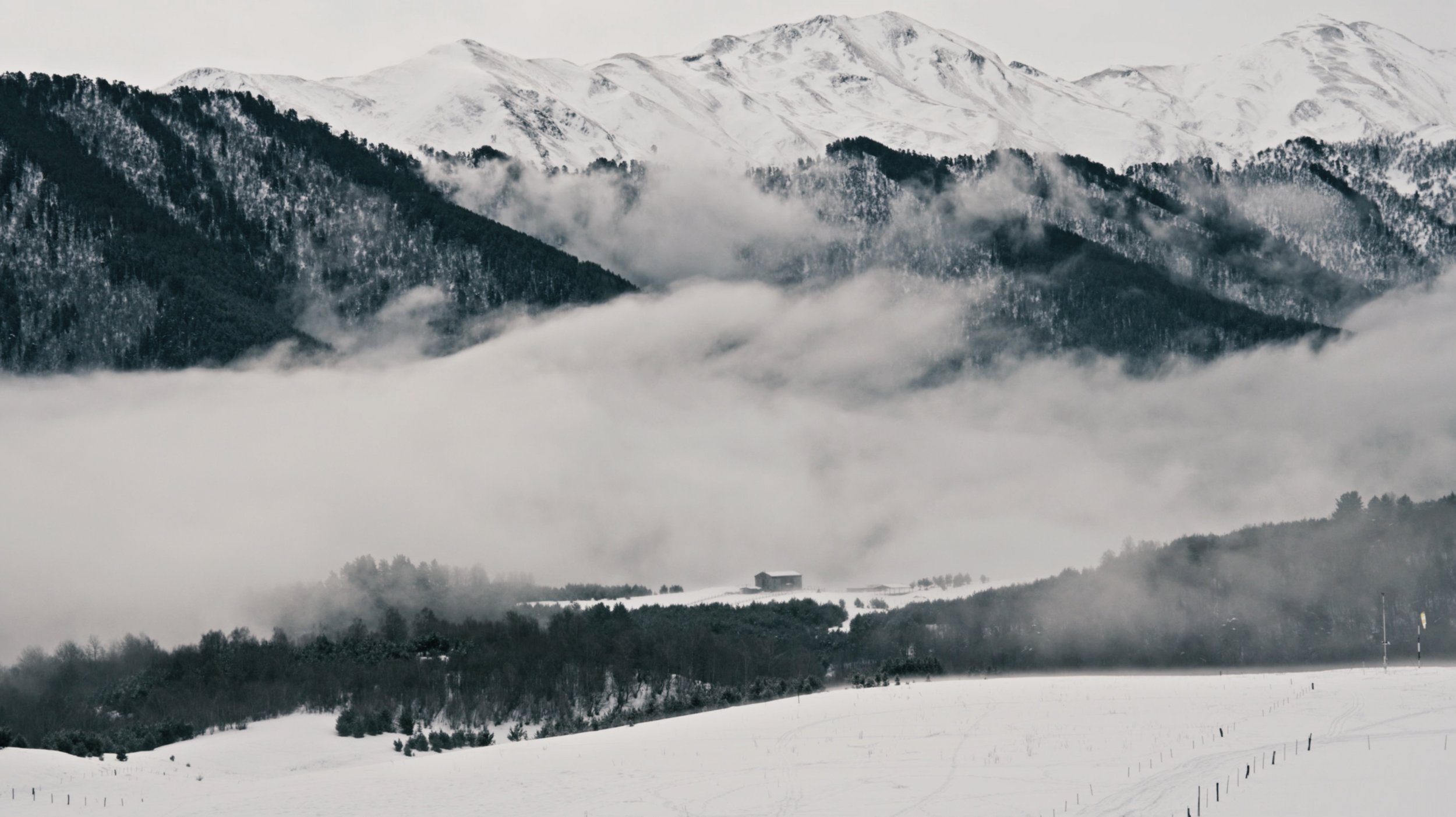
While many locals struggle with the psychological impacts of their seclusion, a unique sense of collectivity and solidarity also proliferates among those who remain. The isolation takes, but also gives in the form of value and care the remaining members of the community afford one another. People are bonded not by economic ties, but by a deep sense of love and commitment to their ancestral region, and an understanding that they need one another to survive.
